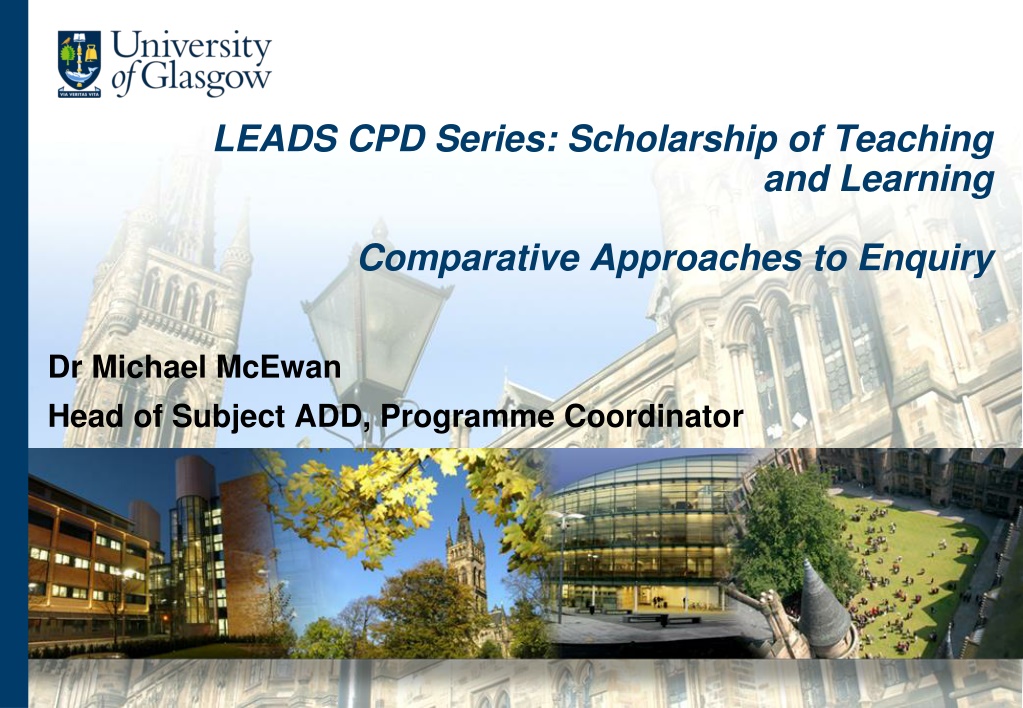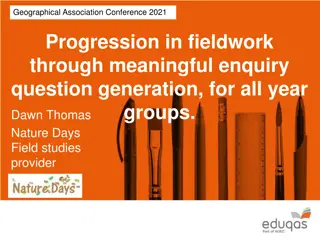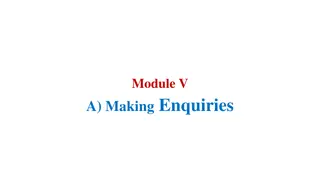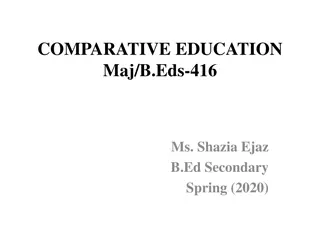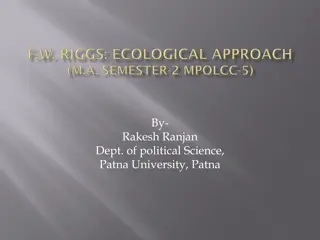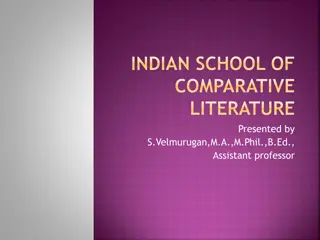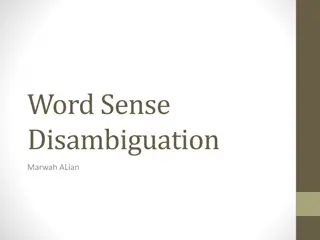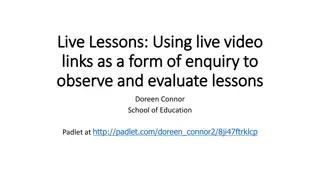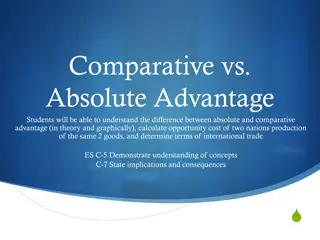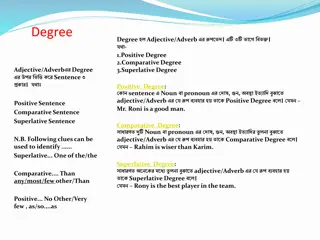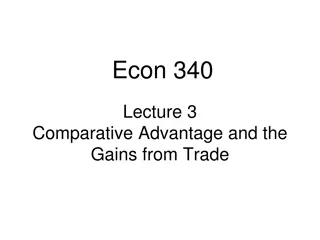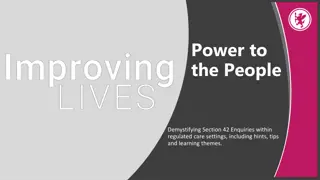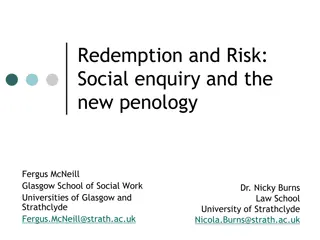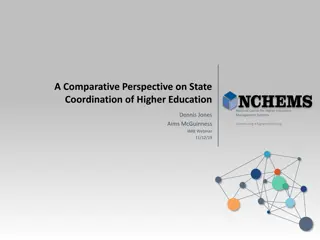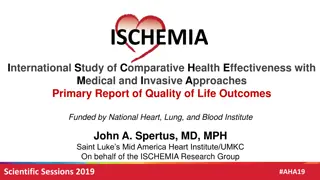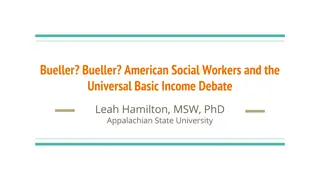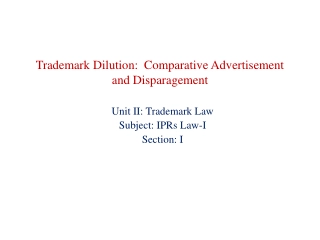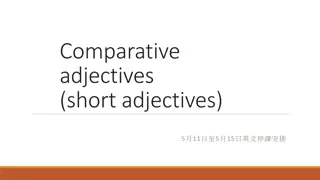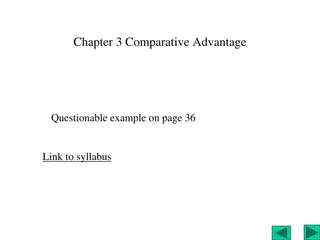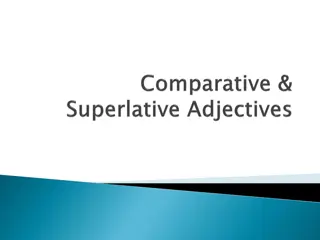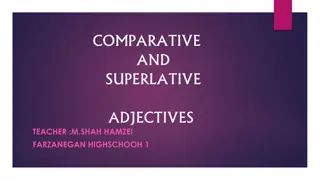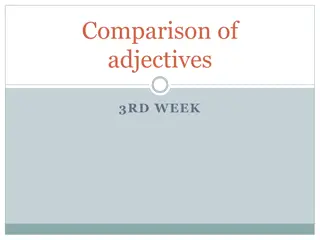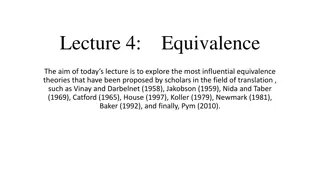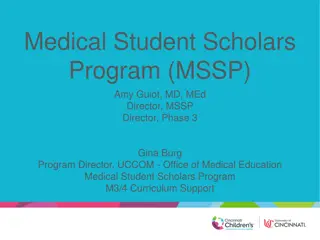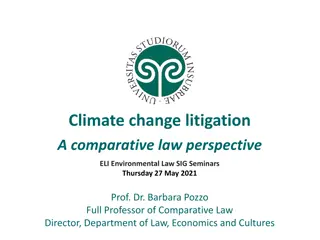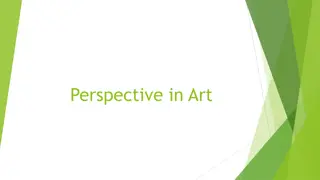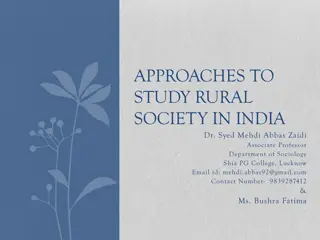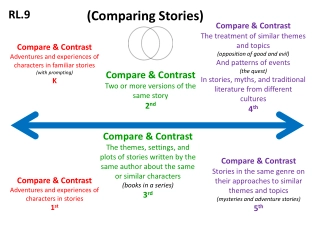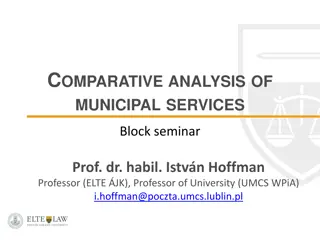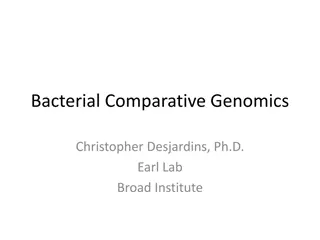Comparative Approaches in Educational Enquiry: A Scholar's Perspective
This session delves into the world of comparative research in education, exploring different settings and methodologies. Dr. Michael McEwan shares insights on Glassick's Framework for design and the importance of appropriate methods. Discover the essence of comparative research, including ex post facto studies, and how they uncover causal links. Don't miss out on learning about co-relational studies and their significance in educational research.
- Educational Enquiry
- Comparative Research
- Teaching and Learning
- Scholarly Approach
- Research Methodologies
Download Presentation

Please find below an Image/Link to download the presentation.
The content on the website is provided AS IS for your information and personal use only. It may not be sold, licensed, or shared on other websites without obtaining consent from the author. Download presentation by click this link. If you encounter any issues during the download, it is possible that the publisher has removed the file from their server.
E N D
Presentation Transcript
LEADS CPD Series: Scholarship of Teaching and Learning Comparative Approaches to Enquiry Dr Michael McEwan Head of Subject ADD, Programme Coordinator
Todays session This session explores educational enquiry that focuses on comparing different settings. Types of comparative research (ex post facto and experimental designs). 1
A framework for design Glassick s Framework: 1. Clear goals 2. Adequate preparation 3. Appropriate methods 4. Significant results 5. Reflective critique 6. Effective dissemination Designing any project starts with your question. Methods always follow from that! 2
Appropriate Methods Why do you want to compare anyway? How are you comparing? 3
What is comparative research anyway? Comparative research aims to compare two or more things , often attempting to attribute causal or associative links to differences between the things . Often more quantitative in nature. Goals: 1. to what extent do differences exist? [Significance] 2. why do differences exist? [Causality and association] 4
Ex post facto Sometimes differences exist and you wonder why Whatever you are looking for has already happened: after the fact Ex post facto ( after the fact ) research allows you to retrospectively compare by examining existing data for any differences and looking back in time for possible factors. Instead of taking groups and subjecting each group to different treatments you begin with groups that already differ in some way and look for possible causal factors in bringing about those differences. 5
Ex post facto Have you ever wondered why students who watch lots of TV don t get as good grades? Often quite useful when you cannot ethically justify two groups. Or if you cannot manipulate the subjects into the two groups you require Or if an experimental design simply isn t ethical (or practically possible) 6
A co-relational study [association] What time spent watching TV and their performance on your courses? is the relationship between students 1. Collect/measure TV watching 2. Measure performance TV watching performance on your courses Performance on your courses TV watching A lurking variable TV watching and performance One group; one collection of data; explorative outcomes. NB no control! 7
A criterion study [causal comparative] What factors contribute to good student performance on your courses? To what extent is TV watching time a factor? Factors: what factors are present in the good group compares to the not good group? Criterion: what is good performance? Two groups ( good and notgood ); explanatory outcomes. NB: no control! 8
Advantages and disadvantages Pragmatic where an experimental design might not be possible Further Reading: Cohen, Manion & Morrison (2002). Research methods in education. Routledge. Chapter 12. Lack of control Valuable as an exploratory tool Exact nature of causation cannot be determined Can provide a source of future hypotheses The *real* causative factor may not have been included 9
Experiments If ex post facto research is experimentation in reverse, then what is experimentation? What defines experimentation? 10
Experiments If ex post facto research is experimentation in reverse, then what is experimentation? Retains control of key variables Seeks to reject a null hypothesis Involves randomisation Aims to discover the effect of certain variables The treatment is the only distinction between groups 11
Quasi-experimentation Controlled Experiment: in a lab, highly controlled, two or more groups, very repeatable. Very unlikely in your SoTL projects! Quasi-experiment: in a natural (e.g. field experiment) setting, but variables are controlled and manipulated. Hmmm not very likely, but plausible in your SoTL projects. Natural experiment: not possible to control or isolate variables. Most likely of the three There are always limitations in any research design, even gold standard designs 13
Experimental designs 1. Pre-test-post-test, with control and treatment groups: Contains elements of randomisation between the groups and isolates the variables. Causation can be implied. 2. Matched pairs: Each member of the control group is matched to a member in the treatment group by matching the main independent variables. Randomisation at pair level, not group. Participant factors: control and treatment groups may differ anyway Intervention factors: the intervention may not be the same for each participant Situational factors: the conditions may differ for each participant 14
Experimental designs 1. Factorial design: Multiple independent variables with multiple levels of presence (e.g. absent or present). E.g. age (mature or not) and motivation (high, medium or low) on engagement . 2. Parametric: Members are assigned to experimental groups based on fixed parameters (e.g. all mature students are grouped, all highly motivated students are grouped) and they receive the experimental treatment in those groups. 15
Experimentation and SoTL Experimental designs do have their place but conclusions need to be appropriately hedged; and It s vitally important to recognise the limitations of your design. 16
Useful References Cleaver, E., Lintern, M., McLinden, M., & Askews & Holts Library Services. (2014). Teaching and learning in higher education: Disciplinary approaches to educational enquiry. London: SAGE Publications Ltd. Cohen, L. M., & Manion, L. (1979). L. & Morrison, K.(2011) Research methods in education. UK: Routledge. Creswell, M. (2003) Research Design: qualitative, quantitative and mixed emthods approaches, 2nd ed. London: SAGE Publications Ltd. Green, N. (2016) Formulating and refining a research question , in: Gilbert, N. (ed.) Researching social life, 4th ed. London: SAGE, pp.43-60. Morrison J. 2003. ABC of learning and teaching in medicine: Evaluation. British Medical Journal 326:385 387. 17
